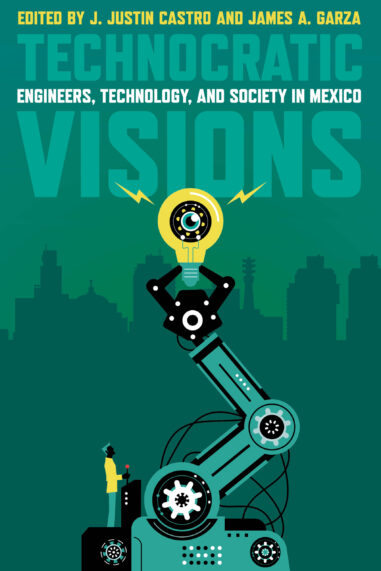Technocratic Visions examines the context and societal consequences of technologies, technocratic governance, and development in Mexico, home of the first professional engineering school in the Americas. Contributors focus on the influential role of engineers, especially civil engineers, but also mining engineers, military engineers, architects, and other infrastructural and mechanical technicians. During the mid-nineteenth century, a period of immense upheaval and change domestically and globally, troubled governments attempted to expand and modernize Mexico’s engineering programs while resisting foreign invasion and adapting new Western technologies to existing precolonial and colonial foundations. The Mexican Revolution in 1910 greatly expanded technocratic practices as state agents attempted to control popular unrest and unify disparate communities via science, education, and infrastructure. Within this backdrop of political unrest, Technocratic Visions describes engineering sites as places both praised and protested, where personal, local, national, and global interests combined into new forms of societal creation; and as places that became centers of contests over representation, health, identity, and power. With an eye on contextualizing current problems stemming from Mexico’s historical development, this volume reveals how these transformations were uniquely Mexican and thoroughly global.



